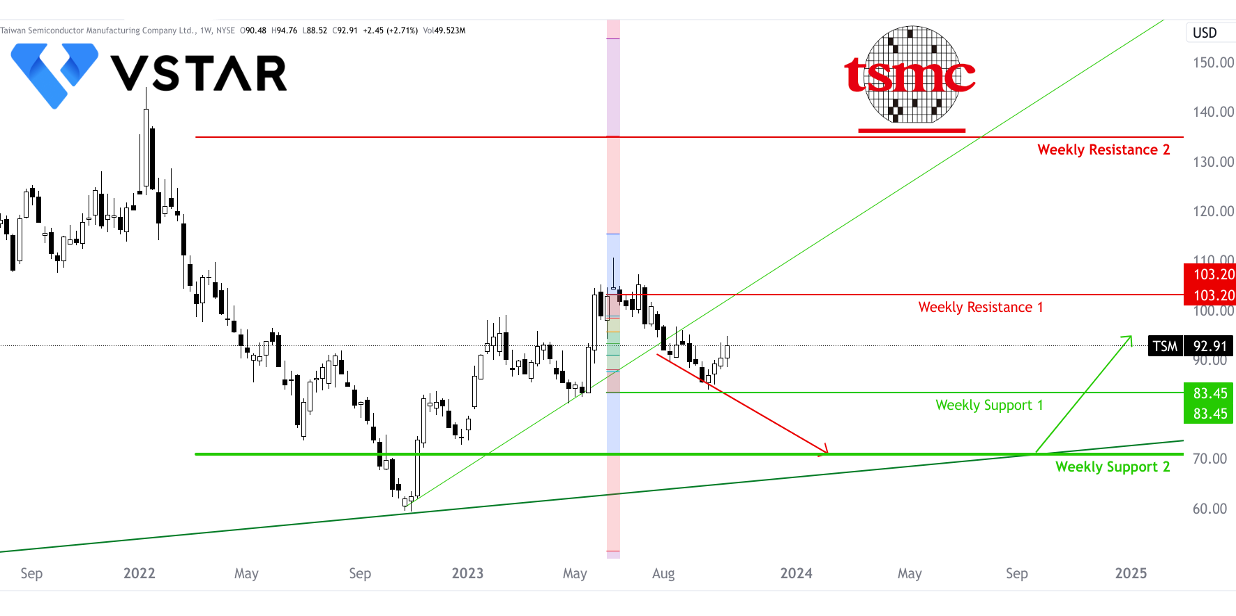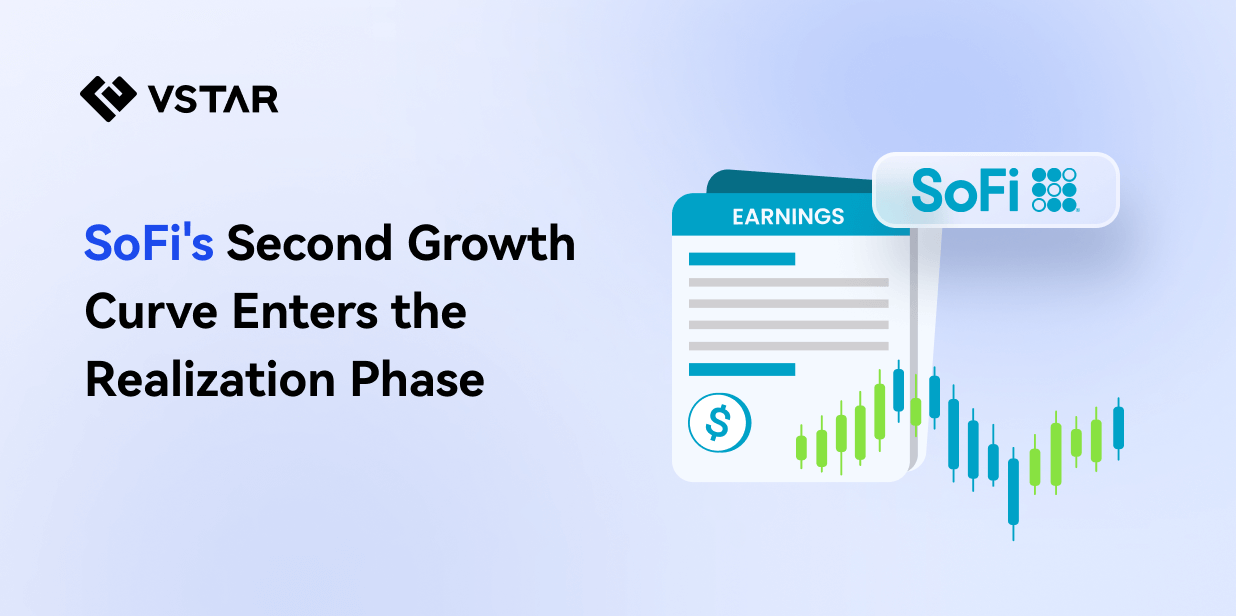Taiwan Semiconductor Manufacturing (TSM) is a global leader in semiconductor manufacturing. Beyond its Q3 earnings, let's examine the company's strengths and weaknesses, and how they may affect its market valuations.
Fundamental Strengths
- Technological Leadership: TSM's strong focus on advanced process technologies, such as 3-nanometer (N3), has allowed it to maintain a leadership position in the semiconductor industry. This technological advantage attracts a wide range of customers, from smartphone manufacturers to high-performance computing companies.
- Strong Financial Performance: The company's third-quarter 2023 results demonstrate robust financials, with a sequential increase in revenue and a gross margin of 54.3%. TSM's ability to consistently deliver strong financial results is a key strength that supports its market valuation.
- Global Expansion: TSM's strategic expansion into overseas markets, such as Germany, the United States, and Japan, is a proactive move to diversify its manufacturing footprint. This expansion helps the company gain customer trust, access new talents, and reduce geopolitical risks.
- Energy-Efficient Computing: TSM's focus on developing energy-efficient computing solutions, as seen in its 2-nanometer (N2) technology, positions it well to address the growing demand for power-efficient semiconductors in an increasingly connected world.
- Customer Engagement: The company's early engagement with customers at the N2 stage indicates strong customer interest and positions TSM to capture significant demand for energy-efficient computing solutions.
Fundamental Weaknesses
- Cyclicality: TSM acknowledges the cyclical nature of its business, which can lead to periods of slower demand and inventory adjustments. These cycles are influenced by macroeconomic conditions and customer inventory management, which can affect short-term financial performance.
- Higher Overseas Fab Costs: TSM's overseas fabs are initially more costly due to smaller scale, higher supply chain costs, and less mature semiconductor ecosystems. While the company aims to manage and minimize these costs, they can impact profitability in the near term.
- Customer Caution: Slower demand recovery in China and customer caution regarding inventory control may continue to impact the company's business in the short term. TSM is closely monitoring the situation and expects inventory levels to stabilize.
- Foreign Exchange Rate Impact: The company acknowledges that it has limited control over foreign exchange rates, which can impact profitability. Managing profitability while dealing with exchange rate fluctuations is a challenge.
Market Valuation
TSM's strong technological leadership, expansion into overseas markets, and focus on energy-efficient computing provide a solid foundation for long-term growth. These strengths position the company favorably in the semiconductor industry, where demand for advanced processes remains high.
The cyclicality of the semiconductor industry can lead to short-term fluctuations in TSM's financial performance. However, the company's track record of delivering consistent and robust financial results suggests that it is well-prepared to navigate these cycles.
To manage the higher costs of overseas fabs and maximize shareholder value, TSM is leveraging its technological leadership and economies of scale to drive costs down. This approach, combined with strategic pricing, will help the company maintain its long-term gross margin and sustainable return on equity.
In conclusion, while TSM faces some short-term challenges due to market cyclicality and cost considerations, its strong fundamentals, technological leadership, and global expansion efforts position it well for future growth. These factors are likely to support favorable market valuations, making TSM a strong player in the semiconductor industry.
The technical perspective on the long-term weekly price moves of TSM stock can be comprehended as follows:

Source: tradingview.com

















